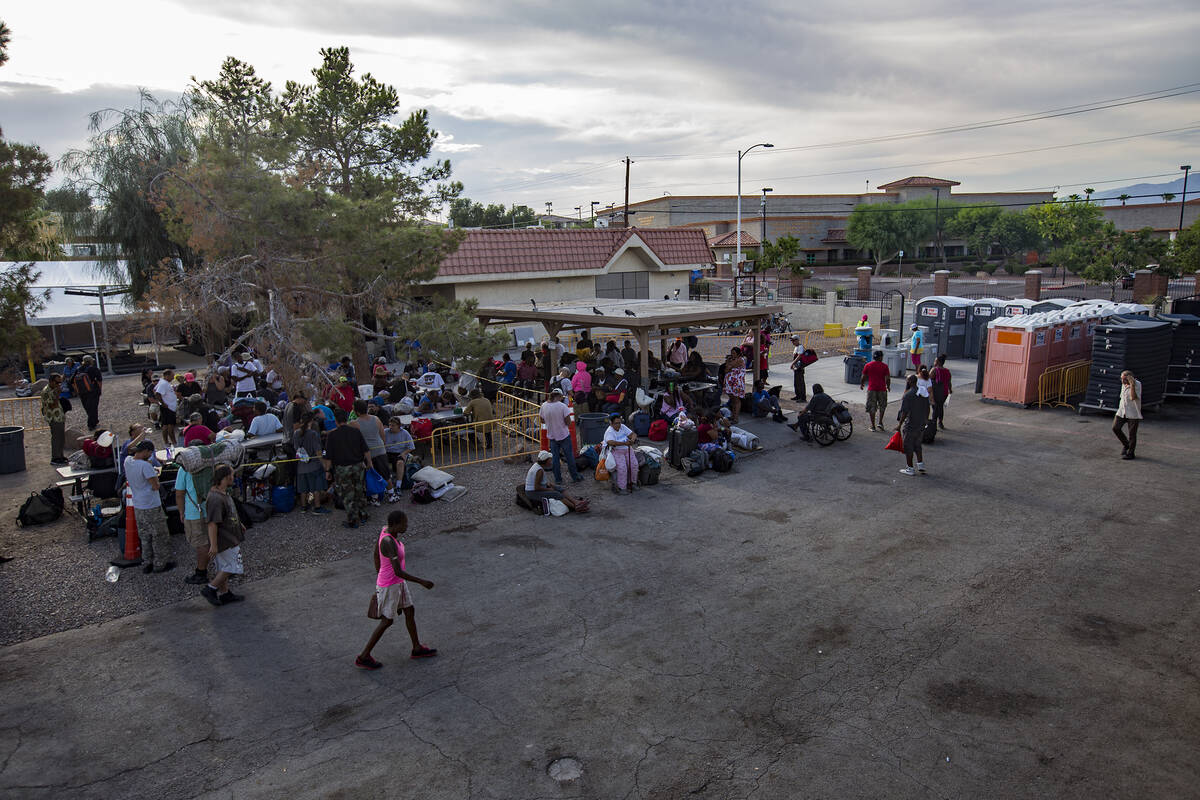EDITORIAL: 9th Circuit went too far with homelessness ruling
The 9th U.S. Circuit Court of Appeals — which has jurisdiction over nine states, including Nevada — has a reputation as one of the most liberal courts in the country. It also has the dubious distinction of being the appellate court most likely to be reversed by the U.S. Supreme Court.
Expect the 9th Circuit’s creative ruling in a case involving an Oregon municipality and homeless encampments to meet a similar fate.
In 2017, officials in Grants Pass, Oregon, passed a series of measures in an effort to crack down on the homeless sleeping in parks and other places. The ordinances were challenged in court, and in 2022, the 9th Circuit held that Grants Pass had violated the Eighth Amendment’s ban on cruel and unusual punishment because the city of 38,000 had no “non-secular” homeless shelters. The court reasoned that “homelessness is an involuntary condition if no shelter is available,” The Wall Street Journal reported, “and fining or jailing people for the unavoidable act” of sleeping on public property was unconstitutional.
One 9th Circuit judge, urging the entire court to reconsider the case, later noted that the ruling created a constitutional right “to camp or to sleep on sidewalks and in parks, playgrounds and other public places in defiance of traditional health, safety and welfare laws.”
On Monday, the Supreme Court heard arguments in the case. Notably, even the Biden administration contended that the 9th Circuit had gone too far. It isn’t compassionate to tell municipal leaders and the citizens they represent that they must tolerate vagrancy and ignore the concurrent pathologies it brings.
A majority of the justices seemed inclined to agree, given the tone of the questioning. The idea that sleeping on the streets is always “involuntary” doesn’t jibe with reality. Did the judges on the 9th Circuit conduct interviews with those involved to determine their motivation for living unsheltered? Of course not. Homelessness is a complicated subject, but it’s not impolite to point out that many people existing on the streets suffer from mental health and substance abuse issues. And some repeatedly rebuff efforts to get them into shelters or treatment.
The homeless enjoy constitutional protections, like all Americans, and they deserve empathy and assistance. But even homeless advocates admit that cities have the power to regulate conduct — such as public defecation — that may result from homelessness. How is blocking the sidewalks with makeshift encampments any different?
There are many viewpoints on how to address homelessness, and cities across the West — including Las Vegas — have experimented with varying results. But nothing in the Constitution gives the homeless have a right to occupy public property at their leisure. The justices should again rein in the 9th Circuit.

















